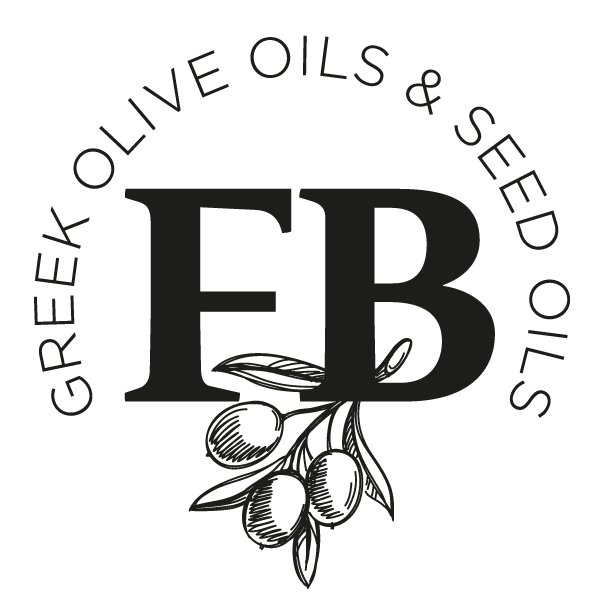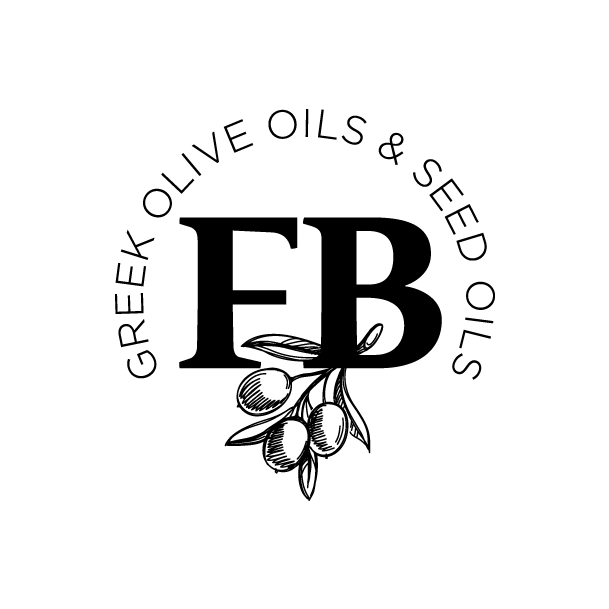Homer called olive oil “Golden Liquid” and Hippocrates “great healer”. Olive oil is characterized by the oil obtained from the olives of the European (Olea Europea) by means exclusively mechanical and methods or treatments absolutely natural, at temperatures that do not cause deterioration of the oil. It is known that the Mediterranean diet is a model of a healthy diet, due to the prevention and treatment of various diseases and longevity of the population that consumes it.
The core of this diet is olive oil. The Mediterranean diet suggests that, immediately after fruits and vegetables, the consumption of olive oil is on a daily basis. Olive oil is the main added lipid in the Mediterranean diet, giving 9 kilocalories per g. (1 tablespoon of 15 ml, gives 135 kcal).
The recommended daily intake of monounsaturated fatty acids should be 15-20% of the total daily energy intake. This of course should be part of the total daily fat intake and should not exceed 30-40% of the total daily calories.
The antioxidants contained in olive oil are:
1. Vitamin E (α-tocopherol),
2. The carotenoids (eg β-carotene) that are found in greater proportion in green olives,
3. Phenols that depend on climatic conditions, production, storage and maturity of olives and are divided into simple (eg hydroxytyrosol), which inhibit platelet aggregation, thus having anti-inflammatory action, in complex phenols (eg oleuropein) that help form nitric acid which is a potent vasodilator resulting in antibacterial action, ferulic and caffeic acid.
Antioxidants have anti-cancer effects, by inhibiting the formation of free radicals and hence oxidative stress. This action is more important in cases of cancer of the colon and rectum, breast, prostate, endometrium as well as any type of cancer of the gastrointestinal tract. The type of fat consumed is more important than the amount in the incidence of cancer.
Laboratory tests on cancer cells have shown that these phytochemical polyphenols effectively limit the activation of the HER2 gene, which is directly involved in the growth of cancer cells in cases of breast tumors, in other words they can cause the death of these cancer cells. The scientists also argued that these polyphenols, from extra-virgin olive oil, could be used as a safe basis for the design of new anticancer drugs.
Squalene, the main ingredient in olive oil, has been shown to reduce the risk of melanoma on the skin.
Olive oil is cholagogue / cholecystokinetic, ie it has an increased ability to remove bile from the gallbladder, thus preventing gallstones. It also has a very positive effect on the digestion of food and the absorption of nutrients (eg calcium, iron, magnesium) by them.
During the aging process and in conditions such as memory loss and Alzheimer’s disease, the body’s requirements for monounsaturated fatty acids increase, because they help maintain the structure of the cell wall of the brain.
Olive oil also has a mild laxative effect, thus helping to treat constipation.
New data for olive oil:
Most scientific studies that have been done on the effect of olive oil on health, have proven its very positive effect on blood lipids and the cardiovascular system in general. Olive oil seems to help prevent clot formation and platelet aggregation, resulting in a lower incidence of cardiovascular disease. Reduces total blood cholesterol and “bad” cholesterol (LDL), triglycerides and atherogenic activity, ie hardening and narrowing of the arteries.
Olive oil also increases “good” cholesterol (HDL), which has a protective effect. Overall, olive oil has an effect on both primary and secondary prevention (eg preventing a second heart attack in the same patient).
Due to its content of polyphenols can also lead to a reduction in high blood pressure (hypertension).
Rich in monounsaturated fat diets, they have led to significant reductions in fasting blood triglycerides and very low cholesterol (VLDL) concentrations. At the same time, diets rich in monounsaturated fats resulted in more favorable regulation of glycemia.
A recent study published in the journal Food Chemistry (2004) by a team of researchers showed that a substance in olive oil (eleuropein) appears to increase the mobility of an enzyme (pepsin) responsible for digesting the protein. What does this mean in practice? That the feta protein in our traditional village salad is better metabolized by the presence of olive oil and that the addition of olive oil to salads with tuna, chicken and other protein sources is the appropriate move.
Scientists claim that substances found in the residues of olive oil reduce the spread of AIDS in the body by 80%. Note that these ingredients are contained in a very small percentage in the by-products of olive oil friction. In order to benefit, one should consume the pure preparations produced in the laboratory.
Finally, it should be noted that the health benefits are achieved by consuming only extra virgin olive oil. Extra-virgin olive oil is the olive oil that results from the processing of olives without the use of heat or chemicals and thus contains phytochemicals that would otherwise be lost during the processing phase.


